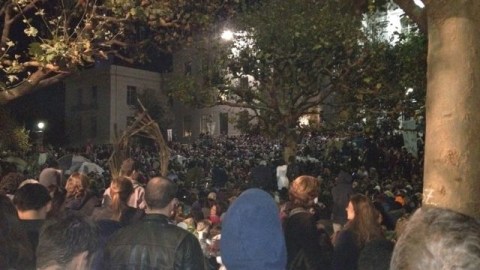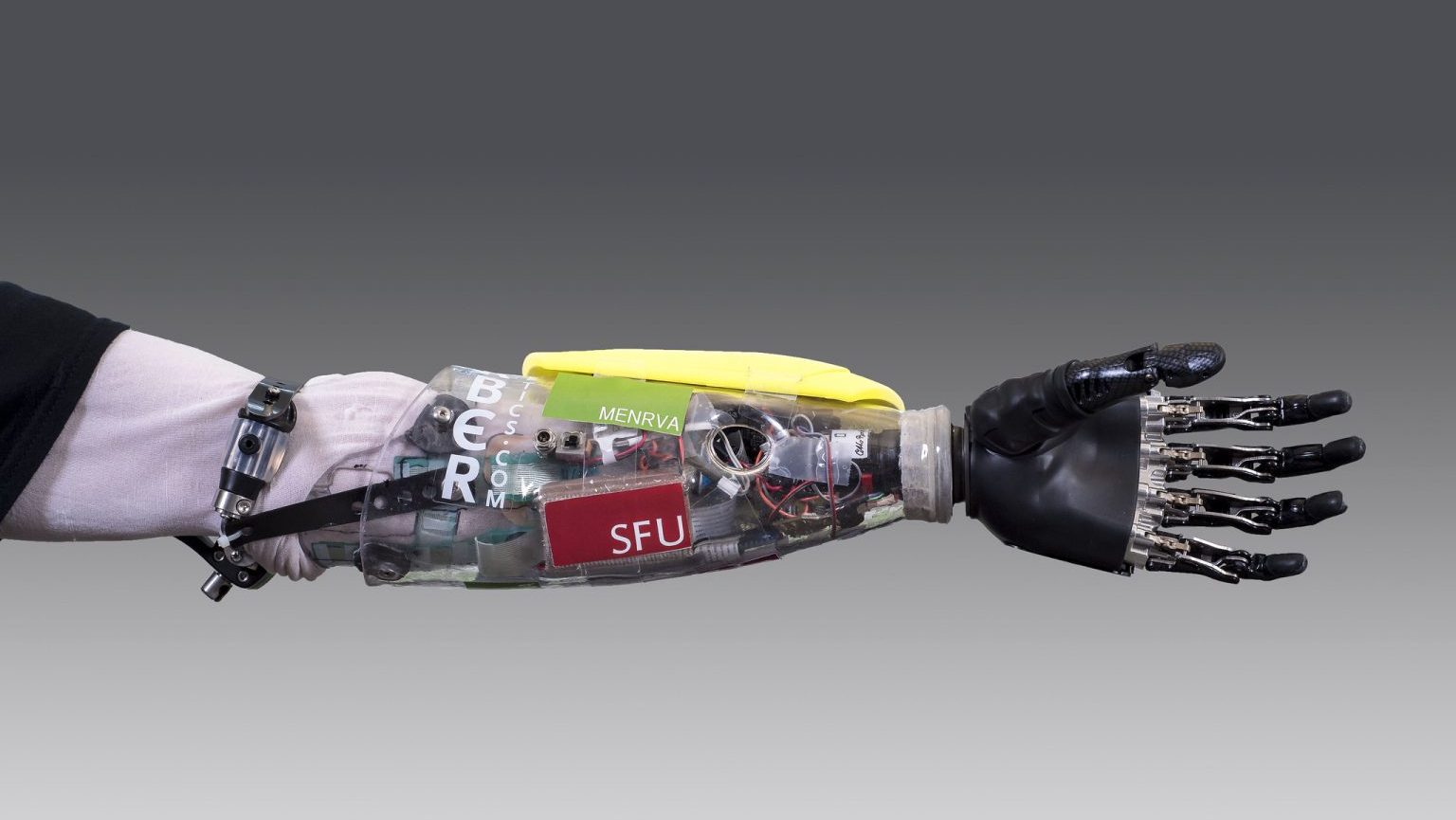Robert Reich Speaks Against Inequality

“We may have democracy or we may have wealth concentrated in the hands of a few,” Justice Louis Brandeis famously said, “but we can’t have both.”
That, in essence, was former Clinton Labor Secretary Robert Reich’s message. Reich, who teaches public policy at UC Berkeley, delivered the Mario Savio Memorial Lecture last night to a crowd of thousands who had gathered on the steps of Berkeley’s Sproul Hall to see him.
The annual lecture—which honors the most prominent figure from Berkeley’s Free Speech Movement—was originally supposed to be held in a ballroom in the student union. But that changed after police were caught on video last Thursday beating students and professors who were refusing commands to disperse from the same area where some of the most famous events of the Free Speech Movement had took place almost 50 years ago. After Berkeley Chancellor Robert Birgeneau issued a statement saying the police had been “forced” to use their batons on the protestors—he has since said he hadn’t seen the video when he made that statement—faculty and student associations called for a general strike. And the decision was made to merge the lecture with the protests.
The Occupy Cal protests were as much about the recent university fee hikes and budget cuts as they were about economic inequality in the U.S. Reich addressed the issue in his speech, asking how it could possibly be that we can’t afford education or social services for the poor when “we are now richer then we have ever been before?” The answer, as I have argued, is not that we are broke, but that we have chosen as a society to pay lower taxes rather than to invest in education or provide much of a social safety net.
Reich, who regularly writes about income inequality, connected that choice to the fact that wealth in the U.S. in increasingly concentrated in the hands of relatively few Americans. As Reich points out, for years the vast majority of the country’s economic gains have gone to the very rich, while the real income of the median household has stayed almost the same. That’s not because the rich have suddenly become much more productive than everyone else. Rather it’s because the rules of the game have in some ways shifted in favor of the wealthy. And that in turn has given them more power to rewrite the rules in their favor.
It is a point that last year’s Mario Savio lecturer, Elizabeth Warren, has also been making lately. Warren is the Harvard law professor and former Obama administration official who is challenging Republican Scott Brown for Senate in Massachusetts. She stresses that it is not that the rich haven’t earned their success. It’s that their success was also made possible in part by other Americans who have worked to make the U.S. a land of opportunity. As Warren says,
There is nobody in this country who got rich on his own—nobody. You built a factory out there? Good for you. But I want to be clear. You moved your goods to market on the roads the rest of us paid for. You hired workers the rest of us paid to educate. You were safe in your factory because of police forces and fire forces that the rest of us paid for. You didn’t have to worry that marauding bands would come and seize everything at your factory—and hire someone to protect against this—because of the work the rest of us did.
Because the rich owe their success in part on ordinary people, they also owe it to society to give some of what they have made back, both to help those who have had worse luck and to invest in the success of future generations. It is only fair that we should all share in the prosperity we helped to create. And the health of our very democracy depends on it.
Photo: Robert de Neufville





